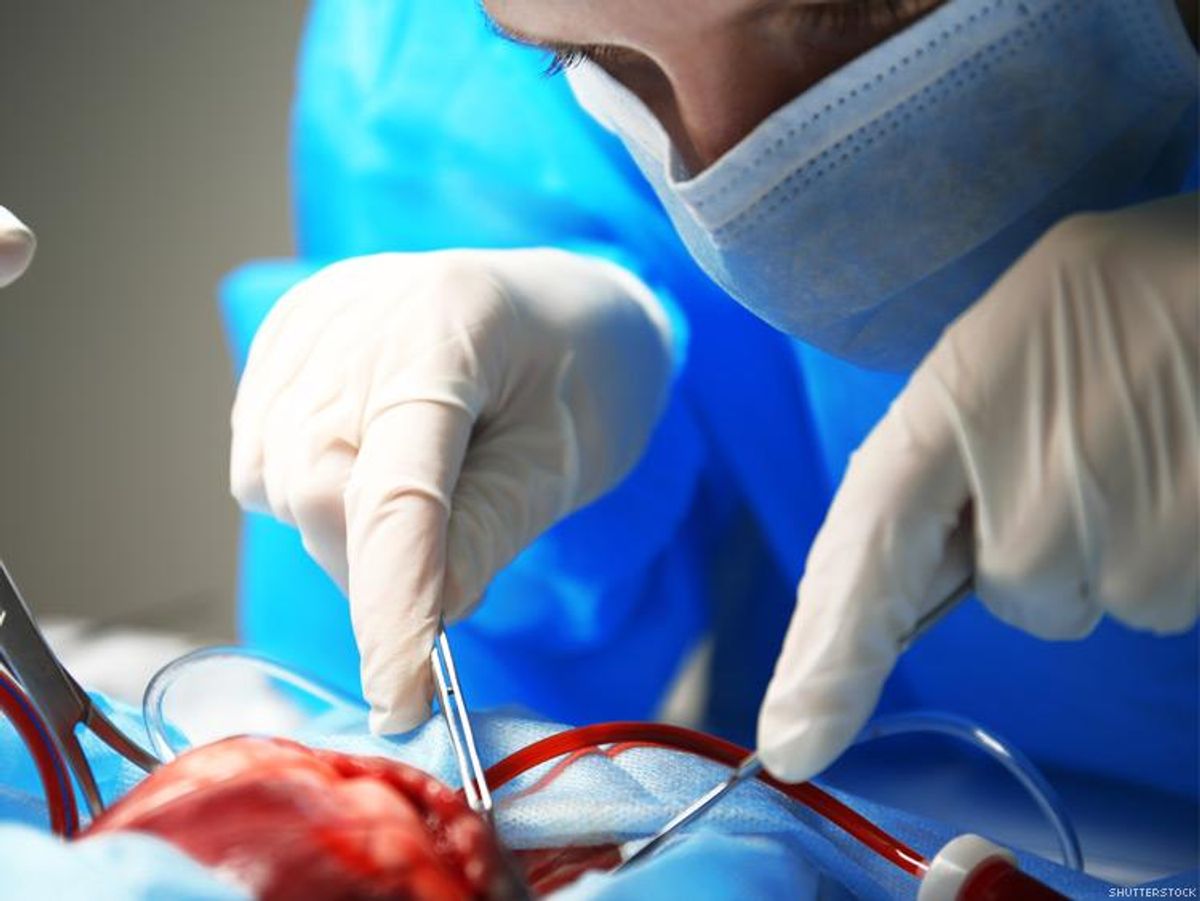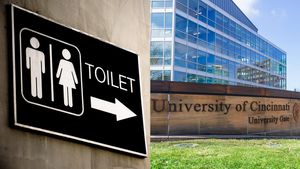Doctors at Johns Hopkins Hospital have announced successful completion of the first HIV-positive transplants since the 1988 Organ Transplant Amendments Act prohibited HIV-positive people from becoming donors.
At the time, the concern was preventing the transmission of HIV through organ transplants. The law ordered the organs of HIV-positive individuals to be destroyed and made it a a federal offense to use such organs in any surgical procedure. Law-makers weren't thinking about the HIV-positive people who also need organ transplants; and that oversight wasn't rectified until 2013 with the HOPE (HIV Organ Policy Equity) Act.
Two successful transplants were undertaken at the hospital. One person recieved a liver from a deceased HIV-positive woman, the other recieved her kidney. Liver and kidney transplants have been successfully accomplished in the past, however, this was the first U.S. instance of a transplant from the body of an HIV-positive individual into another person's body since 1988. Successful transplants of kidneys between positive individuals have been undertaken before in South Africa.
"This is an unbelievably exciting day for our hospital and our team, but more importantly for patients living with both HIV and end-stage organ disease. For these individuals, this could mean a new chance at life," Dr. Dorry L. Segev, Professor of Surgery and Director of John Hopkins' Epidemiology Research Group in Organ Transplantation, announced during a media briefing on the success of the procedures.
Now Johns Hopkins has become the first hospital in the country to successfully use the organs of HIV-positive individuals for organ transplants.
This is a powerful victory for HIV-positive individuals on the organ transplant list. Dr. Segev estimated that each year, about 500 to 600 HIV-positive would-be organ donors pass away. Those organs could have helped save the lives of up to 1,000 people on the waiting lists had the medical community been allowed to access them. Now, with HOPE in the history books, there is an opportunity for many more HIV-positive individuals to get second chances.













































































